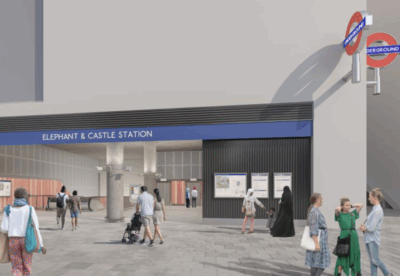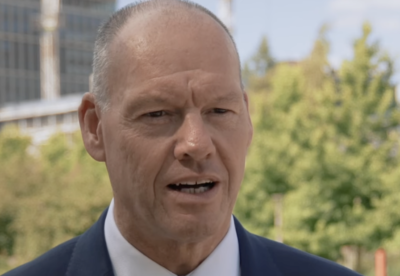Priority schools are due to be the flagship of the Government’s new PF2 scheme replacing PFI but it has emerged that progress is being slowed by securing finance.
The Government is now understood to be looking to the bond markets and European Investment Bank to fund the crucial building programme.
A survey of the 261 schools in the priority programme, by the Local Government Association found that, of the 158 that replied, only 19 had start dates – and none of the privately financed projects who responded said they had funding secured.
The Department for Education has denied substantive delays in the PSBP and said the first privately financed projects would be released to market shortly.
A spokeswoman said that it was essential to secure the right finance arrangement for each school and the best possible deal for the taxpayer.
The department also confirmed it was looking at several options including a bond finance solution.
Chairman of the Local Government Association councillor David Simmonds said the situation was now unacceptable and threatened to severely impact on children’s education.
“Councils are stepping in to keep schools running while government struggles to get its act together. Local government is already carrying out basic repairs but we could deliver so much more with funds that are currently tied up in government red tape.”
He added: “Heads and parents are telling us that the condition of some schools is so bad it’s getting in the way of providing a good education.”
Meanwhile, the Government is pressing ahead with the £400m directly-funded element of the schools programme.
Sir Robert McAlpine has taken the first wave of projects in the north east worth £64m. Wates Construction will deliver a £36m batch in Coventry and Carillion and Bam are bidding the next schools coming to the market in the North West.
Stephen Beechey, head of education at Wates, said: “The Priority Schools Building Programme is finally moving forward after several delays, with the winning bidders on the first two batches of schools announced earlier this year.
“This should provide several thousand more school places in key areas over the next eighteen months.
“However, the industry has been waiting since the start of 2012 for the Department for Education to make an announcement on the model which will be used to deliver the 219 schools earmarked for procurement under the private finance element of the PSBP – the vast majority of the 261 schools set for work under the programme.”























































